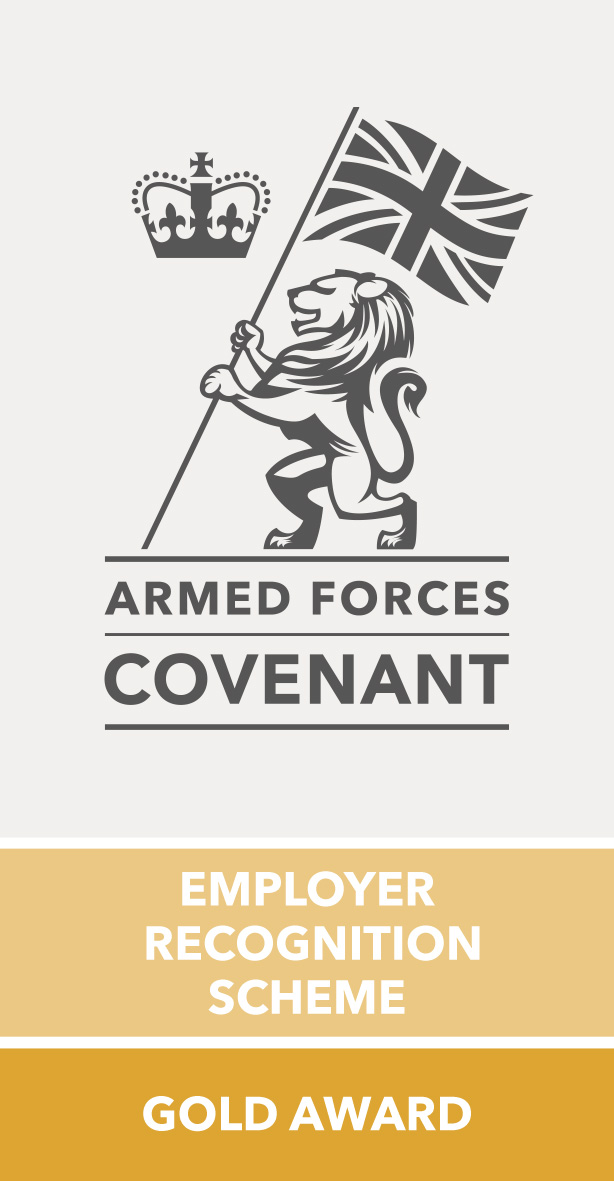An inspiring regional build director who overcame his reading difficulties to rise to the top of his game is urging all those who struggle with literacy in the industry to seek help ?" hailing the support of his housebuilder employer. Chris Topham, based at
Vistry West Midlands’ Coleshill office, is dyslexic and said recognition by bosses and improvements in technology and resources, as well as him learning new techniques, meant he continued to thrive. Chris’ comments come during Dyslexia Awareness Week 2021, which aims to raise awareness about dyslexia and highlight what can be done to support people who have dyslexia. The former
site manager, who joined the industry from school 30 years ago, said: “My dyslexia came to light when I was eight years old and my concentration levels were low. I progressed slowly through school, sitting at the back of the class. I wasn’t given any tools with how to deal with it but we’re now in different times ?" it’s recognised and there is a lot of support out there for people. The funding wasn’t around like it is now for schools. College wouldn’t have been the right move for me, I didn’t have the concentration because of the effort needed for me to read and write. “It was easier for me to use tools than read or write. When you have dyslexia, especially back then, it’s something you hide and the easy option for me was to get into the building trade. I started off doing a lot of private building and then around 25 years ago I got into volume plc housebuilding. I’ve got very good people around me at Vistry who knew from the start that I was dyslexic and technology has changed in the last five years that aids my reading and writing. I went on a leadership course and the ideas we explored really helped me and my dyslexia ?" I prepare work in advance using software to support me now, that reads to me, and staff also help. It’s not that I don’t understand, it’s getting the words into my head. I have to read documents twice to be able understand it, but I have a photographic memory, which is a great tool to me. I can relate back to conversations and things I’ve seen six months earlier, which is one of my strengths. “I’ve managed to use technology in this role to progress and grow my confidence. You can talk into your phone to type emails. I’ve learnt to stop, check over and reference text, I can copy and paste. I can listen to what I’ve written ?" it just takes me longer than others to compose an email. I can copy and paste documents and PDFs, so that’s read to me as well. There are loads of aids to help in your day-to-day. It never really affected me while I was on site because I could phone my wife, Emma, who would spell words for me, but problems always came when I went to training. “If you’re sat there with a dozen or so of your colleagues, who don’t know you can’t read or write then it’s tough. I reverted back to what I did at school and sat at the back being quiet ?" remaining low key to just get through the day. I didn’t want to stand up and say ‘I can’t read or write’. But I would definitely do that now. I would encourage anyone in the same situation to do that because people will support you. I told a friend of mine who’s a site manager to do the same on a course he was attending. He did when he introduced himself and he said they started clapping and after that everyone helped him. He said it made it all easier and him more confident. He still had to do a lot of prep but he made the experience enjoyable. It’s having the confidence to either say before, or stand up and say ‘I struggle to read and write’. “I was always trying to cheat ?" to look for answers, I’d bandage my fingers up to try and make out I couldn’t write ?" I didn’t want people to know the real reason. There are ways now to tell people upfront. But I do think there could still be more support to aid those who struggle. I’m more confident now because of the role that I’m in but for others who aren’t, it’s a huge thing for them to stand up and say, especially when you’ve gone through life trying to hide it.” Chris added there was more support for dyslexic colleagues when it came to housebuilding tests and paperwork but there could be more from industry leaders to create a safe space and platform to inspire confidence and opportunity. “It’s not all about having more time with tests ?" that is great, but people still might not be able to answer the questions and would panic and speed read and answer the questions in hope,” he added. “Whereas if you’ve got someone reading the question, and that’s the great thing about touch screen ?" you can put headphones on and you can understand what’s being asked, it’s clearer in your mind. Trying to read it yourself means there will be certain words you miss or can’t engage with. “I think more could be done in the industry, you’ve got to help people be confident and encourage them to tell you that they are dyslexic and that’s the hardest thing, to get people to speak up. There’s no right or wrong with it, there can be help there for you. It’s ok not to be able to read and write, just talk and put your hands up and people will help you. I’ll go into courses now and tell people I can’t read and write. It’s getting the knowledge to people upfront so they know they can go into courses and be confident. “It took me three times to pass my management Construction Skills Certification Scheme (CSCS) test, once because I didn’t read it and the words were muddled up. The last time I did it, I passed straight away, but I did a lot more study at home. I used my photographic memory, read the whole book and kept doing theory tests. That’s just how I have to do it to get through and pass the tests ?" it’s not that I don’t know, it’s just learning how to read and answer it. “No one should be ashamed, no matter your age or job role, there is support within the company and it’s not as hard as you think it is ?" it’s much easier than it was. I spoke to an apprentice recently who was performing well on site but was struggling with his course study. It wasn’t that he wasn’t putting in the effort, he was struggling with his reading and writing and didn’t let his tutors know. We’ve now given him a day in our office to do his study and paperwork, so he’s not having to squeeze it in after a day on site when he’s tired, he has a full day at college and three days on site. Now his classwork has improved hugely ?" it’s about identifying people’s needs, understanding and supporting them for the best results. If people want to become a site manager and progress, don’t let issues with reading and writing put you off, it’s recognised and you can do it. Vistry is full of good people who will aid you to reach your goals.” Paul Stafford, Vistry West Midlands managing director, said there was support for colleagues who were concerned about their reading and writing and they could contact their line manager for help. “Chris Topham is an essential member of the West Midlands team who has grown from strength to strength with the confidence he has gained from knowing there are many others in the industry in the same situation,” he said. “Being dyslexic should not hamper your career aspirations ?" there are now plenty of resources out there ?" and Chris is proof of that, Vistry is very lucky to have him.” In his spare time, Chris runs a men’s football team, that his 19-year-old son, Rio, plays for. Chris also enjoys regular exercise and family time. His daughter Bronwin, 21, has dyslexia which was identified early and she was supported at school to help her thrive. She now works as an administrator.








